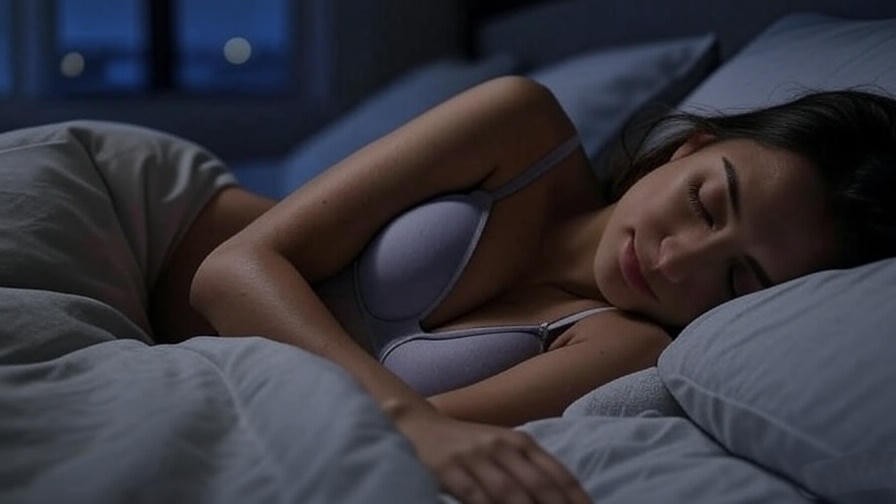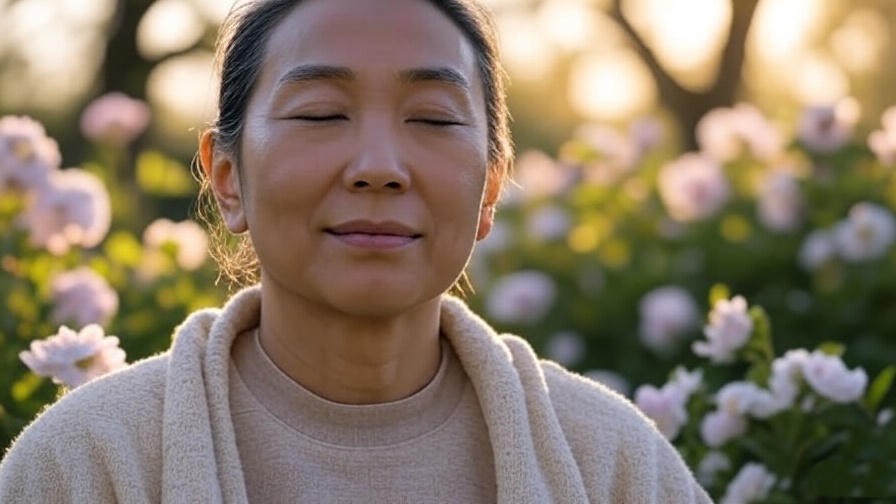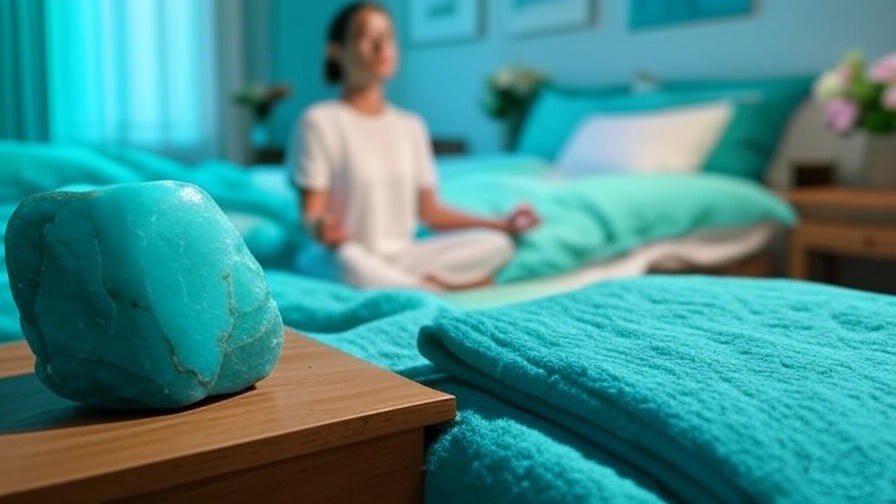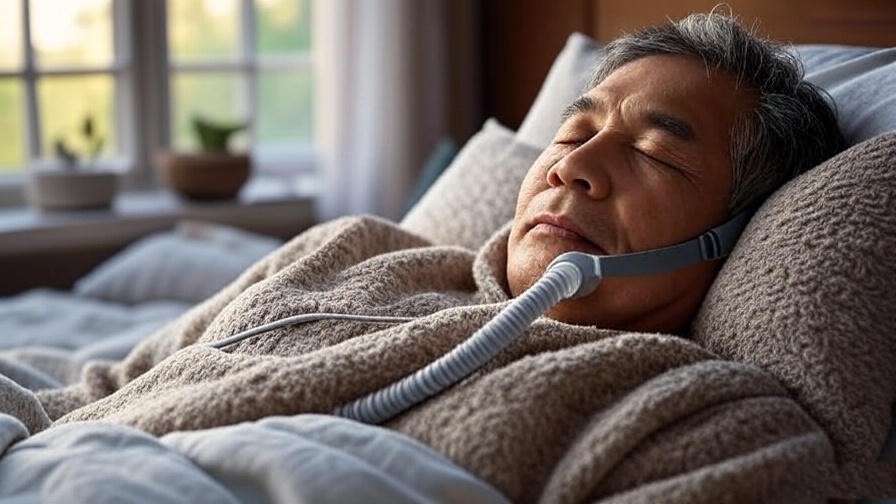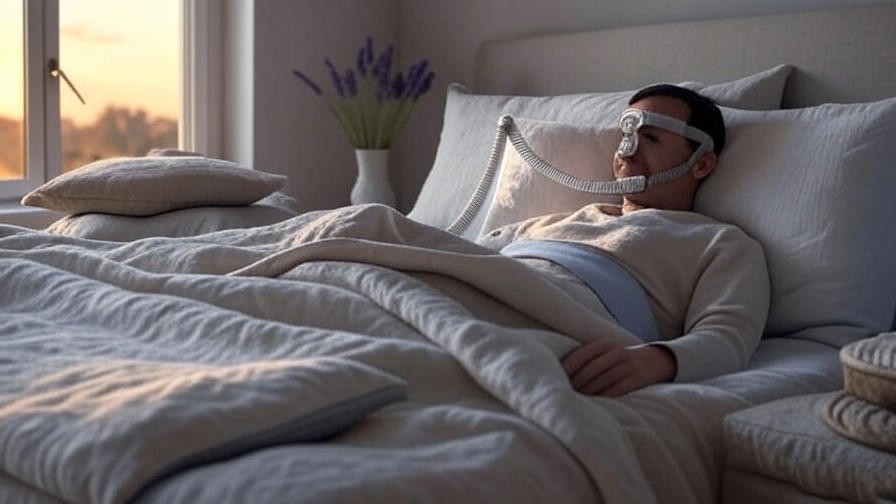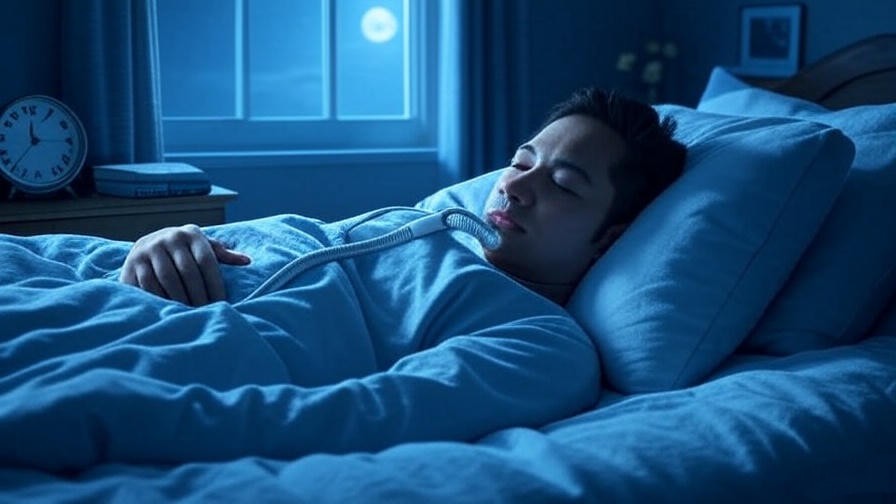Picture this: you wake up feeling unrested, your hands aching from clenching fists in sleep all night. Despite hours in bed, you’re groggy, tense, and wondering why your body seems to betray you during slumber. If this sounds familiar, you’re not alone—clenching fists during sleep is a common issue that can signal underlying problems affecting your sleep quality, mental health, and overall well-being. This comprehensive guide dives deep into why you clench your fists, the impact on your health, and expert-backed holistic solutions to help you achieve restful, rejuvenating sleep. Backed by insights from sleep specialists, neurologists, and holistic wellness practitioners, this article offers practical strategies to address the root causes and restore balance to your nights.
What Is Clenching Fists in Sleep?
Defining the Phenomenon
Clenching fists in sleep refers to the involuntary tightening or contracting of hand muscles during rest, often resulting in tightly curled fingers or sore hands upon waking. This phenomenon, sometimes called sleep-related muscle tension, can occur sporadically or chronically, depending on the underlying cause. Unlike voluntary actions during wakefulness, this behavior happens unconsciously, often during specific sleep stages like REM (rapid eye movement) or deep sleep. According to Dr. Emily Chen, a sleep neurologist, “Clenching fists in sleep is often a physical manifestation of the body’s response to stress or neurological signals gone awry.”
How Common Is It?
Research suggests that sleep-related muscle tension, including fist clenching, affects a significant portion of the population. A 2023 study published in the Journal of Sleep Research found that approximately 15% of adults experience some form of involuntary muscle activity during sleep, with fist clenching being a common complaint. This issue often goes unnoticed unless it disrupts sleep or causes discomfort. For many, it’s a subtle sign of deeper issues like stress or sleep disorders, making it a critical topic for anyone seeking better rest.
Symptoms to Watch For
If you clench your fists during sleep, you might notice:
- Hand soreness or stiffness upon waking.
- Fatigue despite adequate sleep hours.
- Tense or aching muscles in the hands or forearms.
- Associated symptoms like jaw clenching, teeth grinding (bruxism), or restless sleep.
These signs can point to underlying issues that need attention. Recognizing them early can help you address the problem before it impacts your daily life.
Why Do You Clench Your Fists in Sleep? Exploring the Causes
Stress and Anxiety
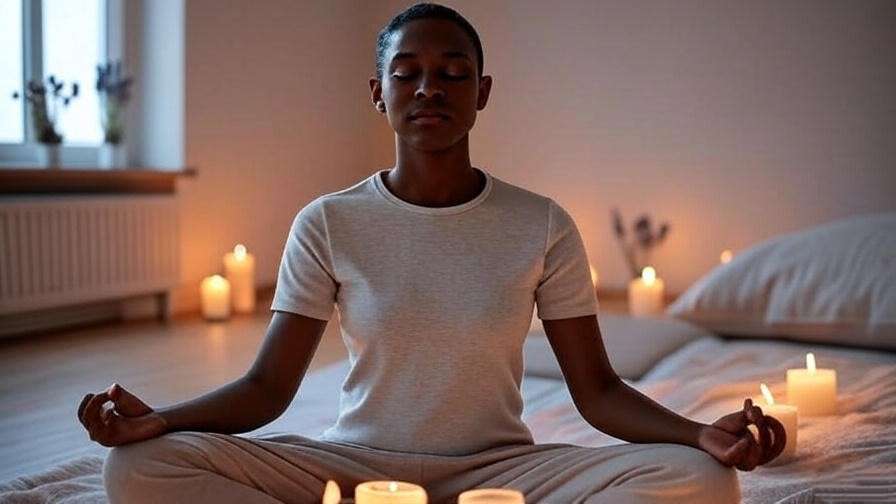
One of the most common culprits behind clenching fists in sleep is stress. When you’re stressed or anxious, your body’s “fight-or-flight” response can linger into the night, causing muscle tension. Elevated cortisol levels, the stress hormone, can trigger involuntary contractions, including in the hands. A 2022 study in Frontiers in Psychology linked chronic stress to increased muscle activity during sleep, with fist clenching being a frequent outcome. For example, someone juggling work deadlines or personal challenges may unconsciously carry this tension into their sleep.
Sleep Disorders
Fist clenching is often associated with sleep disorders like:
- Sleep Bruxism: Grinding teeth and clenching fists often go hand-in-hand, as both involve involuntary muscle activity.
- Restless Leg Syndrome (RLS): This condition can cause muscle tension throughout the body, including the hands.
- REM Sleep Behavior Disorder (RBD): In RBD, individuals act out dreams, which may include fist clenching or other movements.
These disorders disrupt normal sleep cycles, preventing restorative rest and exacerbating physical symptoms.
Neurological Factors
In some cases, clenching fists in sleep may point to neurological conditions. Disorders like Parkinson’s disease, epilepsy, or dystonia can cause involuntary muscle contractions during sleep. Dr. Michael Patel, a neurologist specializing in movement disorders, notes, “While rare, persistent fist clenching could be an early sign of neurological issues, especially if accompanied by tremors or stiffness.” If you experience additional symptoms like muscle rigidity or uncontrolled movements, consult a neurologist for a thorough evaluation.
Lifestyle and Environmental Triggers
Your daily habits and sleep environment can also contribute:
- Caffeine and Alcohol: Stimulants like coffee or alcohol can overstimulate the nervous system, increasing muscle tension.
- Poor Sleep Hygiene: Irregular sleep schedules or excessive screen time before bed can disrupt relaxation.
- Uncomfortable Bedding: An unsupportive mattress or pillow can cause physical discomfort, prompting muscle tension.
For instance, someone who spends hours scrolling on their phone before bed may unknowingly increase their body’s stress response, leading to clenched fists.
The Impact of Clenching Fists on Sleep and Health
Effects on Sleep Quality
Clenching fists in sleep can disrupt the restorative stages of sleep, particularly deep sleep and REM sleep. These stages are crucial for physical recovery, memory consolidation, and emotional regulation. When muscle tension interrupts these cycles, you may wake feeling unrested, even after 7–8 hours of sleep. A 2024 study in Sleep Medicine found that individuals with sleep-related muscle activity reported a 30% reduction in sleep quality compared to those without.
Physical Health Consequences
Chronic fist clenching can lead to:
- Hand and Joint Pain: Repeated tension may cause soreness or stiffness in the hands and wrists.
- Carpal Tunnel Syndrome: Prolonged muscle contraction can compress nerves, leading to numbness or tingling.
- Muscle Fatigue: Overworked hand muscles may feel weak or tired during the day.
Over time, these issues can affect hand dexterity and overall physical comfort.
Mental and Emotional Toll
Poor sleep quality from fist clenching can take a toll on mental health. Sleep deprivation is linked to increased anxiety, irritability, and difficulty concentrating. Licensed therapist Sarah Thompson explains, “The mind-body connection is powerful—disrupted sleep can amplify stress, creating a vicious cycle where clenching worsens anxiety, and anxiety worsens clenching.” Addressing the root cause is key to breaking this cycle.
Holistic Solutions to Stop Clenching Fists in Sleep
Stress Management Techniques
Reducing stress is critical for minimizing fist clenching. Try these evidence-based strategies:
- Mindfulness Meditation: A 10-minute nightly meditation can calm the nervous system. Apps like Headspace offer guided sessions for sleep.
- Progressive Muscle Relaxation (PMR): This technique involves tensing and releasing muscle groups to promote relaxation. Start with your hands, consciously relaxing them before bed.
- Journaling: Write down worries or tasks before bed to offload mental stress.
5-Minute Breathing Exercise:
- Sit comfortably and close your eyes.
- Inhale deeply through your nose for 4 seconds.
- Hold your breath for 4 seconds.
- Exhale slowly through your mouth for 6 seconds.
- Repeat for 5 minutes, focusing on relaxing your hands.
Improving Sleep Hygiene
A consistent sleep routine can reduce muscle tension. Follow these tips:
- Stick to a Schedule: Go to bed and wake up at the same time daily.
- Limit Screen Time: Avoid screens 1–2 hours before bed to reduce blue light exposure.
- Optimize Your Bedroom: Use blackout curtains, a comfortable mattress, and a cool room temperature (around 65°F).
Sleep-Friendly Bedroom Checklist:
- Supportive mattress and pillows
- Dark, quiet environment
- Temperature between 60–67°F
- Minimal electronic devices
Physical Interventions

Physical strategies can help relax your hands:
- Hand Exercises: Perform gentle stretches before bed, like spreading your fingers wide and holding for 10 seconds.
- Soft Gloves: Wearing loose cotton gloves can remind your hands to stay relaxed during sleep.
- Stress Balls: Use a stress ball during the day to release tension and strengthen hand muscles.
Consult a physical therapist for personalized stretches if discomfort persists.
Dietary and Lifestyle Adjustments
Your diet and lifestyle play a role in muscle relaxation:
- Reduce Stimulants: Limit caffeine and alcohol, especially in the evening.
- Magnesium-Rich Foods: Eat foods like spinach, almonds, and bananas to support muscle relaxation.
- Hydration: Drink plenty of water to prevent muscle cramps.
Sample Evening Meal Plan:
- Main: Grilled salmon with quinoa and steamed broccoli (rich in magnesium and omega-3s).
- Snack: A handful of almonds or a banana with almond butter.
- Drink: Herbal tea like chamomile to promote calm.
When to Seek Professional Help
If fist clenching persists despite lifestyle changes, consult a professional. Signs to watch for:
- Clenching accompanied by tremors, stiffness, or other neurological symptoms.
- Chronic pain or numbness in hands.
- Severe sleep disruption affecting daily life.
A sleep specialist may recommend a polysomnography (sleep study) to diagnose disorders like bruxism or RBD. A neurologist can assess for underlying conditions, while a therapist may offer cognitive behavioral therapy (CBT) for stress-related clenching.
Complementary Holistic Practices for Better Sleep
Meditation and Mindfulness
Meditation is a powerful tool for calming the mind and body, reducing the likelihood of clenching fists in sleep. By focusing on the present moment, mindfulness practices help lower stress hormones like cortisol, which can trigger muscle tension. A 2023 study in The Journal of Clinical Sleep Medicine found that individuals practicing mindfulness meditation reported a 25% reduction in sleep-related muscle activity. Guided meditations, particularly those designed for sleep, can be especially effective. Apps like Calm or Insight Timer offer sessions that guide you through body scans, helping you consciously relax your hands and other tense areas before bed.
Try This: A 10-minute body scan meditation before sleep. Lie down, close your eyes, and mentally scan your body from head to toe, releasing tension in each muscle group, especially the hands. Focus on softening your fingers and letting them rest naturally.
Yoga for Relaxation
Gentle yoga poses can release physical tension and promote relaxation, making them ideal for addressing fist clenching. Yoga encourages mindful movement and deep breathing, which soothe the nervous system. Poses like Child’s Pose, Forward Fold, and Cat-Cow stretch the upper body and hands, reducing muscle tightness. A 2024 study in Sleep Health showed that regular yoga practice improved sleep quality by 20% in participants with stress-related sleep issues.

Mini Yoga Sequence for Sleep:
- Child’s Pose (Balasana) (2 minutes): Kneel, sit back on your heels, and stretch your arms forward, resting your forehead on the ground. Focus on relaxing your hands.
- Seated Forward Fold (Paschimottanasana) (2 minutes): Sit with legs extended, reach forward, and gently stretch your hands and spine.
- Thread the Needle (1 minute per side): Thread one arm under your body, resting your shoulder and head on the ground to release upper body tension.
- Savasana (3 minutes): Lie flat, palms open, and breathe deeply to relax fully.
Practice this sequence 30 minutes before bed to prepare your body for restful sleep.
Aromatherapy and Essential Oils
Aromatherapy can enhance relaxation and reduce nighttime tension. Scents like lavender, chamomile, and cedarwood have calming properties that promote better sleep. A 2022 study in Complementary Therapies in Medicine found that lavender essential oil reduced sleep disturbances by 15% in participants with mild insomnia. Using a diffuser or pillow spray can create a soothing bedtime environment, signaling your body to unwind.
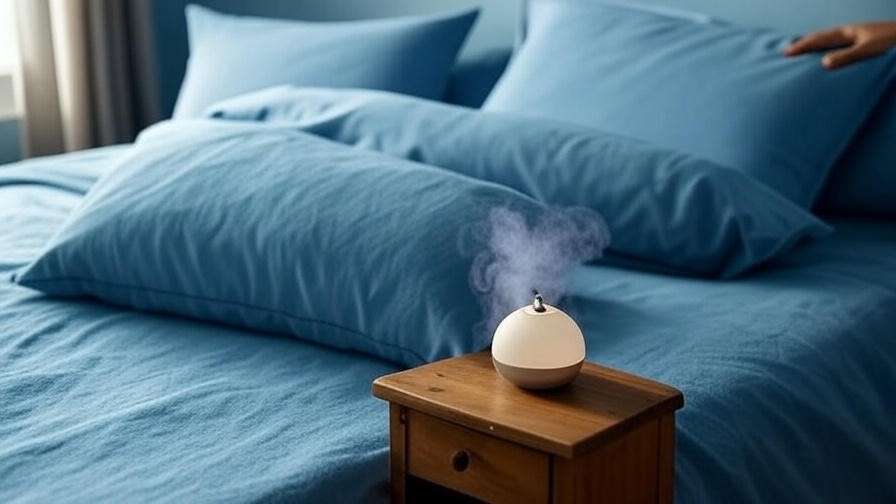
DIY Lavender Pillow Spray Recipe:
- Ingredients: 2 oz distilled water, 1 oz witch hazel, 10 drops lavender essential oil.
- Instructions: Mix in a small spray bottle, shake well, and lightly mist your pillow before bed.
- Tip: Test on a small area of fabric to ensure no staining.
This simple ritual can help relax your mind and body, reducing the likelihood of clenching fists in sleep.
Expert Insights and Real-Life Success Stories
What Experts Say
Experts agree that addressing fist clenching requires a multifaceted approach. Dr. Emily Chen, a sleep neurologist, emphasizes, “Clenching fists in sleep often reflects a combination of stress and disrupted sleep cycles. Combining relaxation techniques with proper sleep hygiene can yield significant improvements.” Similarly, holistic wellness practitioner Maya Torres advocates for integrative solutions: “Mindfulness, yoga, and dietary changes work synergistically to calm the nervous system and reduce involuntary muscle activity.” These insights underscore the importance of addressing both physical and emotional triggers.
Case Studies
Case Study 1: Sarah, a 34-Year-Old Marketing Manager
Sarah noticed she was waking up with sore hands and clenched fists after months of high-pressure work deadlines. After adopting a nightly mindfulness meditation practice and reducing caffeine intake, she saw a 50% reduction in symptoms within two weeks. Adding a pre-sleep yoga routine further improved her sleep quality, allowing her to wake up refreshed.
Case Study 2: Michael, a 45-Year-Old with Suspected Bruxism
Michael’s fist clenching was accompanied by teeth grinding, disrupting his and his partner’s sleep. A sleep study confirmed mild sleep bruxism, and his dentist recommended a nightguard. Combined with stress management techniques like journaling and limiting alcohol, Michael’s symptoms decreased significantly within a month.
These stories highlight the power of tailored solutions, whether through lifestyle changes or professional intervention.
FAQs About Clenching Fists in Sleep
Is clenching fists in sleep a sign of a serious medical condition?
Occasional clenching is often linked to stress or poor sleep hygiene, but persistent clenching with symptoms like tremors or stiffness may indicate neurological conditions like Parkinson’s or epilepsy. Consult a neurologist if symptoms persist.
Can stress alone cause fist clenching during sleep?
Yes, stress is a primary cause, as it elevates cortisol and triggers muscle tension. Mindfulness, yoga, and journaling can help reduce stress-related clenching.
What are the best exercises to relax hands before bed?
Gentle hand stretches, like spreading fingers wide or rolling wrists, can release tension. Progressive muscle relaxation, focusing on the hands, is also effective.
How can I tell if my fist clenching is related to a sleep disorder?
If clenching occurs with teeth grinding, restless legs, or acting out dreams, it may indicate a sleep disorder like bruxism or REM sleep behavior disorder. A sleep study can confirm.
Are there any quick fixes for occasional fist clenching?
Try a pre-sleep relaxation routine, like deep breathing or a warm bath, and avoid stimulants like caffeine. Soft gloves at night can also help keep hands relaxed.
Conclusion
Clenching fists in sleep can be more than a minor annoyance—it’s often a signal of stress, sleep disorders, or lifestyle factors disrupting your rest. By addressing root causes like anxiety, poor sleep hygiene, or neurological conditions, you can reclaim restful nights. Start with simple strategies like mindfulness meditation, a consistent sleep routine, or gentle yoga, and track your progress over a few weeks. If symptoms persist, consult a sleep specialist or neurologist for personalized guidance. With the right approach, you can break the cycle of tension and wake up feeling refreshed, relaxed, and ready to embrace the day.


